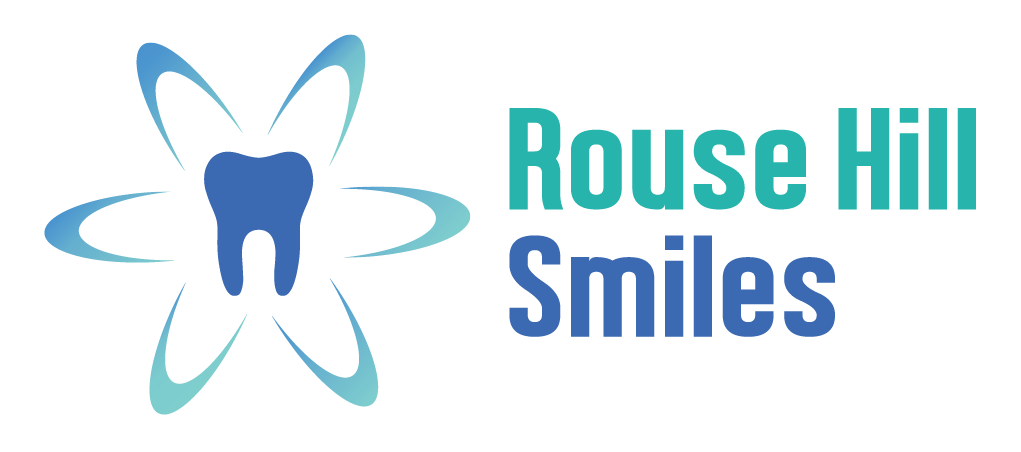How To Deal With Dental Anxiety?
rousehill
22 September 2022
No Comments
Regular dental visits are essential for maintaining healthy gums and teeth, yet dental anxiety, which is the feeling of uneasiness for going to a dentist, restrains some people from visiting a dentist.
Dental anxiety is a common problem among people. Rather than postponing your visits, it would be helpful to deal with your dental anxiety. Let’s first see how dental anxiety can affect your oral health.
How Can Dental Anxiety Impact Your Oral Health?
If you feel anxious about visiting a dentist, you may avoid going to a dentist, or skip scheduled appointments. This can result in oral health problems.
Visiting a dentist regularly, can help him/her detect cavities and other oral health issues early. Avoiding professional cleanings increases the risk for gum disease and other problems like loose teeth, bleeding gums, and bad breath.

Ways To Deal With Dental Anxiety
Dental anxiety can impact people of all age groups. Given below are some ways to help ease your fears and deal with dental anxiety.
1. Discuss Your Concerns With Your Dentist
Don’t hesitate to talk to your dentist about your concerns. They can help you make the process easier. Also, they can explain each step from beginning to end, so you know what the process is like. They can also suggest ways to help you feel more relaxed and comfortable at the dentist’s chair.
Don’t be frightened to ask questions. When you understand the process, you may feel less anxious.
2. Breathing Exercises
Deep breathing exercises can make you feel calmer and relax your mind. These exercises can help reduce stress while you are being treated.
Close your eyes and inhale through your nose at a slow pace. After holding it for a few seconds, exhale through your mouth at a slow pace. Repeat this a few times.
3. Conscious Sedation
For moderate to severe anxiety, one of the options is conscious sedation. Oral sedation dentistry involves taking an oral sedative some hours prior to your dental appointment. Don’t assume this as general anaesthesia, therefore you won’t be unconscious during the treatment. You will stay responsive and conscious, but in an extremely relaxed state.
The popular types of sedation dentistry include oral conscious sedation, nitrous oxide, and intravenous (IV) sedation.
4. Meditation And Muscle Relaxation
Anxiety can increase while you are sitting in the waiting room for your turn or after you climb into the dental chair. In this situation, practising meditation can reduce stress and encourage calmness.
Meditation will help you be in a state of heightened focus, awareness, and muscle relaxation at your dentist office.
After sitting on the dental chair, fix your eyes on an object or close them, and then allow your body to fully relax. Focus on different parts of your body and make a mindful effort to release tension. This will help to relax your complete body from head to your feet.
You can meditate during your appointment or prior to it to remain focused and calm.
5. Guided Imagery
Another way is to visualise happy thoughts while sitting on the dentist chair. Go to your “happy place” in your mind and think about positive or funny past incidents. This will make you nostalgic and feel happier, which can relax and calm your mind.
6. Hypnosis
Hypnotherapy helps to calm you by quieting the conscious mind. It involves guided relaxation to help you obtain a trance state. At this point a hypnotherapist utilises suggestion’s power to control your anxiety. Note that a hypnotherapist is unable to make you do anything that you would not want to do.
7. Distraction
Distracting yourself in the dental office can also reduce anxiety. See if it is possible to watch TV or a movie while sitting in the waiting room, or perhaps just listen to music wearing headphones.
8. Bring Someone With You
The support of a friend or relative might help you to feel calm. Ask your dentist to allow someone to accompany you in the examining room. Even if you are not able to talk to that person during your examination or treatment, only their presence can make you feel comfortable, safe, and relaxed.
9. Anxiety-relieving Medication
Several dentists prescribe a short-acting anti-anxiety medication for moderate anxiety to help reduce anxiety prior to an appointment. You must take the medication minimum an hour before your visit.
10. General Anaesthesia
This involves being completely unconscious or asleep during a dental procedure. It’s an option if you face severe dental anxiety.
Remember that dental anaesthesia is at times administered by an anesthesiologist in a hospital setting. Some dentists can provide general anaesthesia, however, only when he/she has received specialised training.
If you have dental insurance, ask your provider if they provide coverage for general anaesthesia. Some plans may not offer this benefit.
Rouse Hill Smiles provides quality dental care for people of all ages. Contact us for a safe and comfortable treatment with a friendly yet professional dental staff.
Our Principal Dentist
Dr. Teena and the Rouse Hill Smiles team are dedicated to providing patients of all ages with the highest quality of care.

Dr. Teena Bali
Dentist
Quick Contacts
- Rouse Hill Plaza G07-G08, 2-4 Aberdour Avenue Rouse Hill, NSW 2155
- enquiries@rousehillsmilesdentalcare.com.au
- (02) 8320 0548








Leave a Reply
You must be logged in to post a comment.